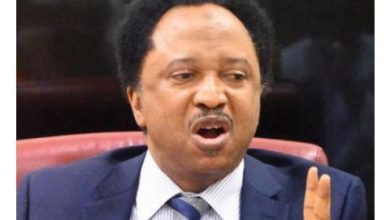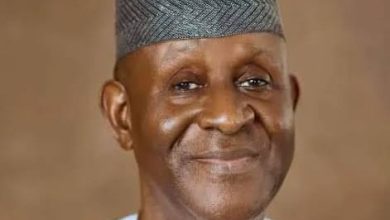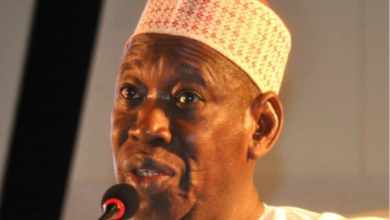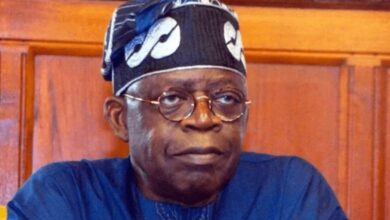56 Years of Dynastic Rule in Gabon: Shehu Sani Raises Concerns

In the wake of the recent military coup in Gabon that ousted President Ali Bongo from power, Nigerian activist and former senator, Shehu Sani, has raised questions about the nature of governance in the country. Sani’s commentary sheds light on the long-standing political dynamics in Gabon and the concerns surrounding dynastic rule.
In a thought-provoking statement, Shehu Sani highlighted the stark contrast between military and democratic rule, while also drawing attention to a unique scenario – the rule of a father and son for a combined total of 56 years. He expressed his skepticism about categorizing such a prolonged familial reign as democratic rule, questioning whether this can genuinely be deemed as a representation of democratic governance.
The recent coup in Gabon has once again brought to the forefront the challenges that many African nations face in maintaining stable political transitions and upholding democratic principles. With the Bongo family’s rule spanning over five decades, questions about accountability, transparency, and the concentration of power arise.
Sani’s commentary resonates beyond the borders of Gabon, raising broader questions about leadership continuity and the impact of dynastic rule on democracy. Many African nations have witnessed political dynasties taking root, often entrenching inequalities and stifling political progress.
In light of the current political developments in Gabon, Shehu Sani’s commentary sparks conversations about the nuances of democratic governance and the need for political transitions that truly reflect the will of the people. As the international community watches closely, the events in Gabon prompt a broader conversation about the future of democratic institutions in Africa.
Diamond08 (
)





